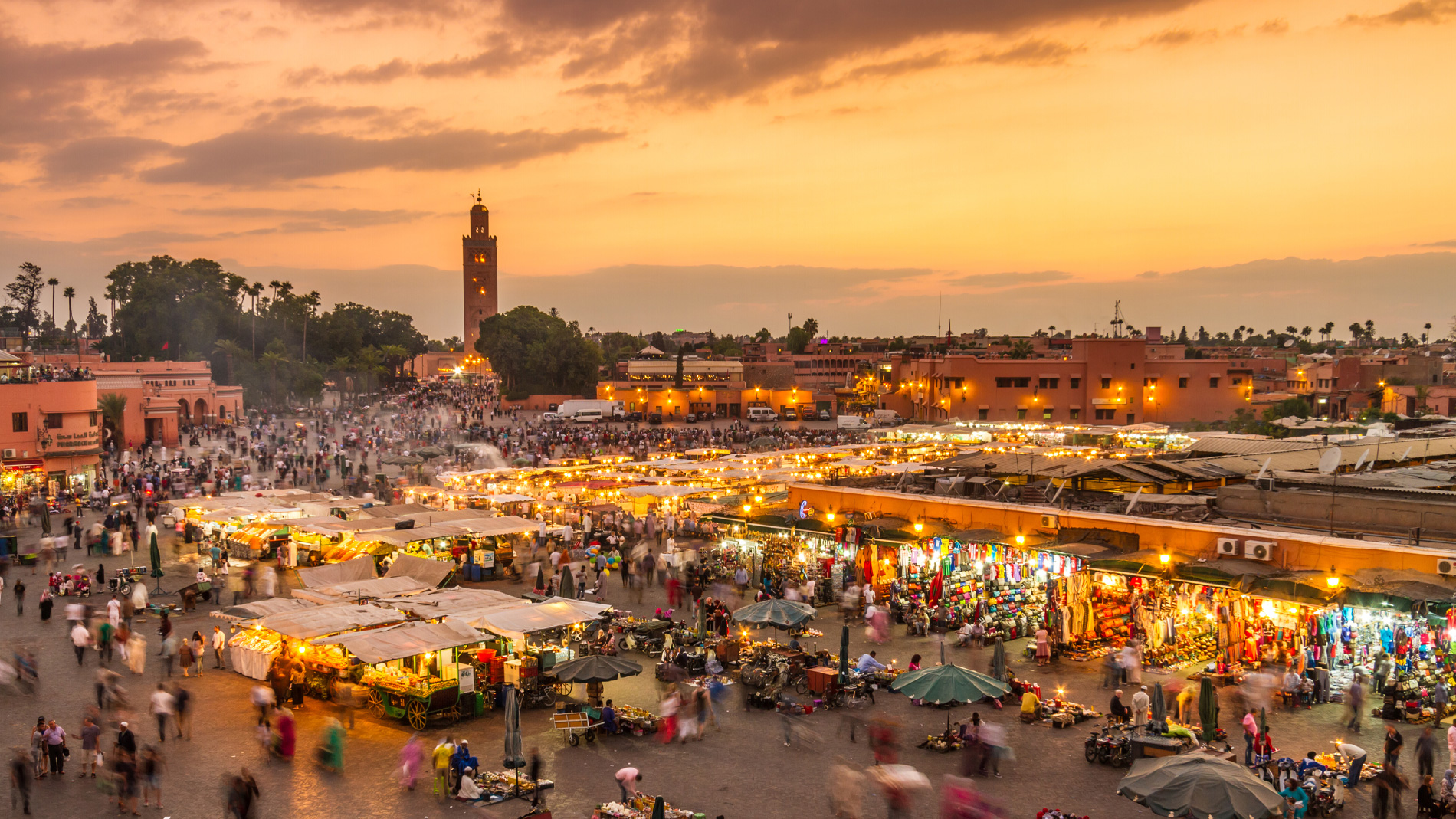Morocco, thanks to its economic strengths, political stability, and investment-friendly environment, is asserting itself as an essential destination for investors looking to capitalize on the dynamics of the tourism sector, says UN Tourism in a report titled “Investing in Morocco.”
In this report, Secretary General of UN Tourism, Zurab Pololikashvili, says “Morocco offers highly attractive prospects for investors, thanks to its strategic geographic location, resilient economic environment, and proactive policies supporting foreign direct investment.”
UN Tourism highlights that Morocco’s appeal to investors is reflected in the flow of Foreign Direct Investments (FDIs), which have averaged $3.5 billion per year over the past five years across all sectors.
The tourism sector alone has benefited from a cumulative investment of $2.2 billion between 2014 and 2023. In addition, the development of hotel infrastructure has mobilized $2.6 billion between 2015 and 2024, the report said.
UN Tourism notes that in 2024, Morocco welcomed 17.4 million tourists, marking a 35% increase compared to 2019. This allowed the sector to nearly double its contribution to GDP, rising from 3.7% in 2020 to 7.3% in 2023.
A Leading African Destination
In this dynamic context, the UN organization adds, Morocco has stood out as the African destination with the highest increase in tourism revenues. These revenues rose by 43% compared to 2019, reaching $10.5 billion in 2023, representing a 28% increase from the previous year.
UN Tourism’s Executive Director, Natalia Bayona, was quoted in the report as highlighting Morocco’s economic dynamism. She pointed out that the Kingdom has established itself as the fifth-largest economy in Africa in terms of GDP, with an average growth of 2.5% over the last decade.
Economically, Morocco saw an average growth of 2.5% between 2015 and 2024, with projections of 4% growth in 2025 and 3.6% in 2026. Based on this, UN Tourism believes that controlling inflation also contributes to strengthening the country’s competitiveness as a stable and attractive destination for investment.
Increased Accommodation Capacity
UN Tourism also emphasizes Morocco’s geographical proximity to Europe, its strategic access to a market of 2.5 billion consumers, and its rich cultural and natural heritage as key advantages for investors.
Additionally, Morocco has other significant assets for tourism development, including 9 UNESCO World Heritage sites and 11 national parks. The Kingdom also benefits from top-tier infrastructure, including 19 airports, 27 commercial ports, and 2,000 kilometers of highways.
In this context, Morocco’s accommodation capacity has increased by more than 60% since 2012, contributing to the growth of the sector. UN Tourism also notes that investment in the sector is supported by the Moroccan Society for Tourism Engineering (SMIT), which provides dedicated support to project developers.
This report emphasizes the critical role of tourism in Morocco’s economic performance, supported by resilient fiscal and monetary policies, a stable political and socio-economic environment, and proactive actions to promote the sector.



